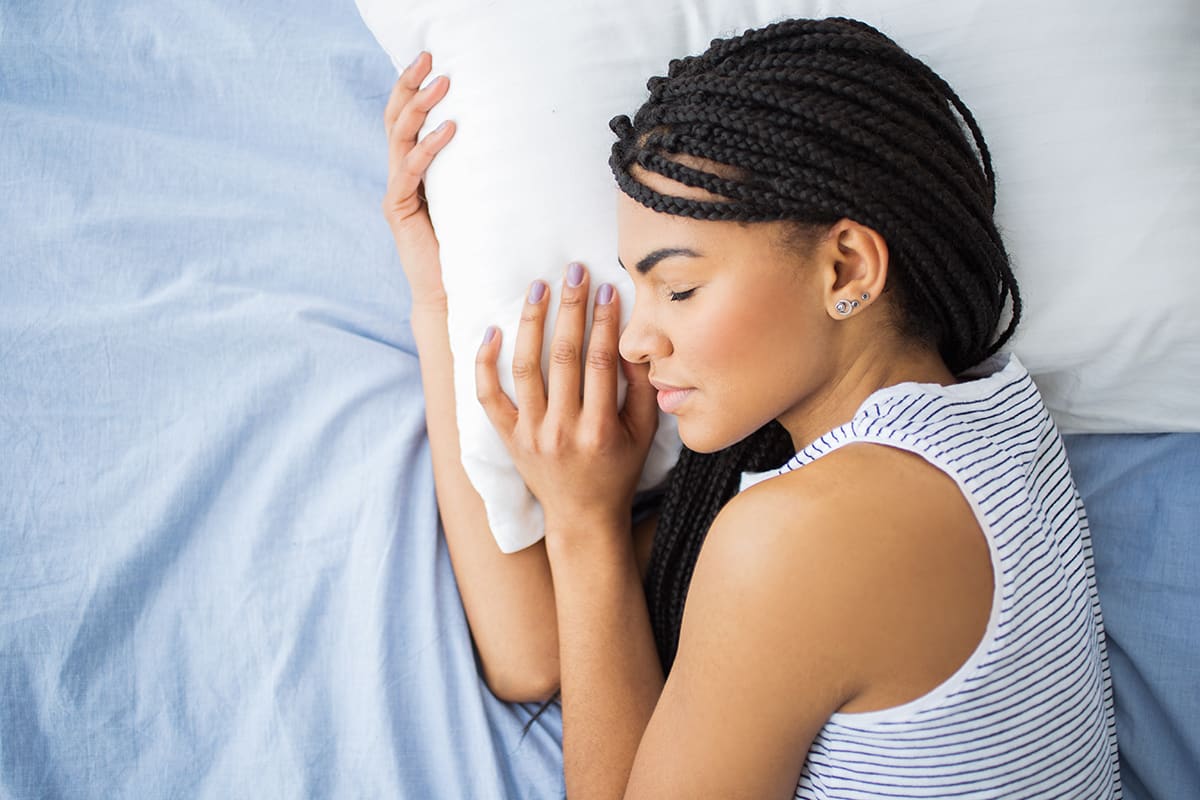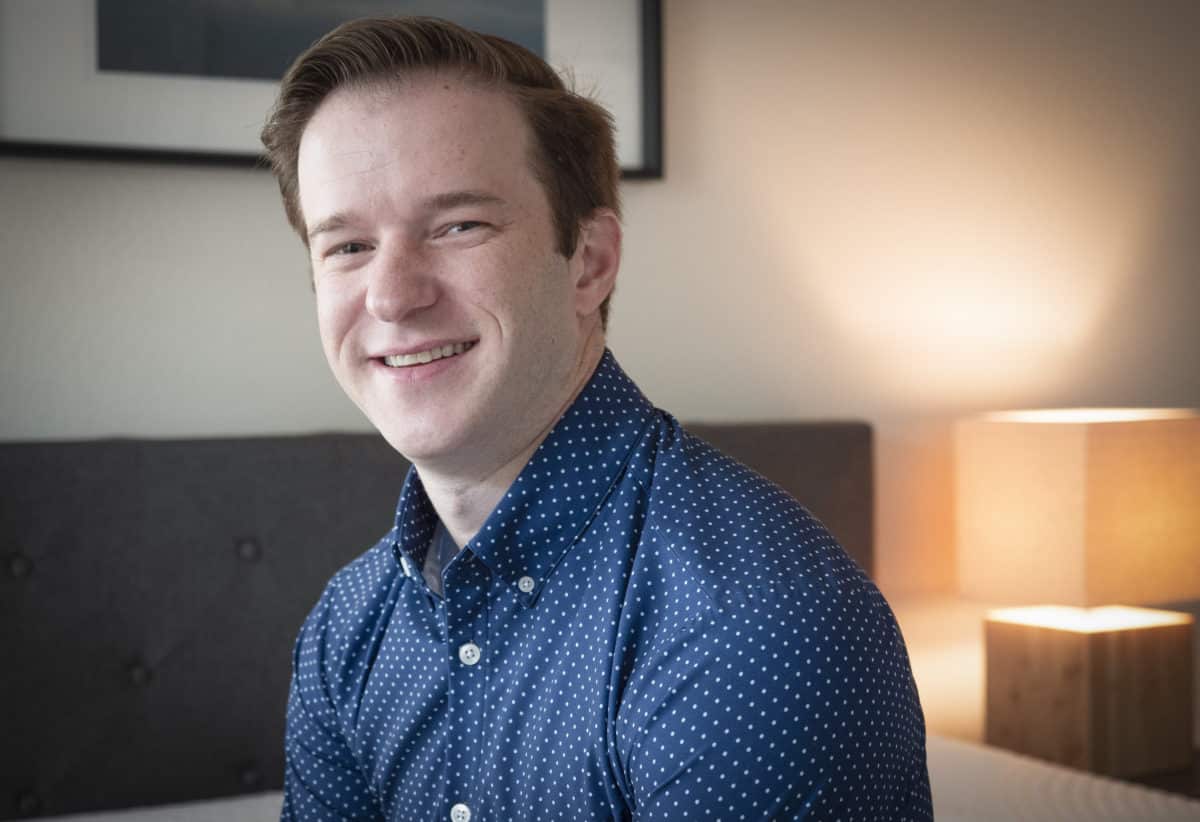Believing a person has a sleep problem may have a similar effect on that individual’s health as actually having one, new research suggests. A review published in Behaviour Research and Therapy looked at 20 existing studies in which participants were asked to describe their own sleep, and researchers quantified the participants’ sleep. And researcher Kenneth Lichstein, a psychologist and sleep expert, found that people who classified themselves as insomniacs reported more “daytime impairment” than people who actually had clinical indications of insomnia.
“We thought that poor sleep and insomnia are linked, but now we know this is a soft link,” Lichstein said in a press release. “There are clearly people with poor sleep who are relaxed about it, letting it roll off their back, and they are at low risk for impaired functioning. Insomnia identity drives daytime dysfunction, not the sleep.”
[Editor’s Note: The information provided should not be considered a substitute for professional advice. Please consult a sleep doctor or other medical expert if there are questions about one’s own health.]
In other words: Labeling oneself as an insomniac, even just in one’s head, may have real consequences.
According to WebMD, symptoms of insomnia include trouble falling asleep, waking up often in the middle of the night and struggling to fall asleep again, waking up too early, and feeling tired once the person has is woken up. The American Sleep Association estimates that around 30 percent of Americans report that they have insomnia.
Lichstein’s research opens a new avenue of questioning: How many people actually experience the clinical symptoms of insomnia, versus simply believing that they have the disorder?
“This proposes a new way of looking at insomnia,” he said. “These findings have been out there, but have never been organized and their implications have not previously been clearly focused on. It’s helpful to re-conceptualize our view of insomnia in such a way that focuses on the critical clinical aspects of the disorder.”
[Editor’s Note: The information provided should not be considered a substitute for professional advice. Please consult a sleep doctor or other medical expert if there are questions about one’s own health.]
Featured image: Photographee.eu/Shutterstock


